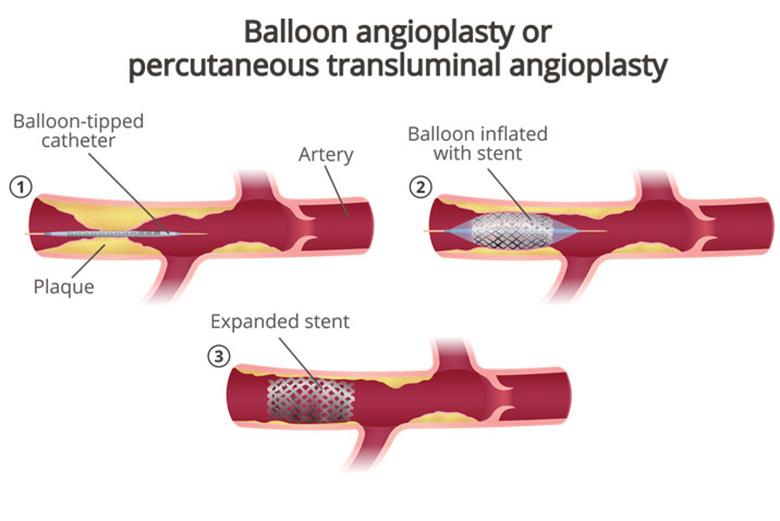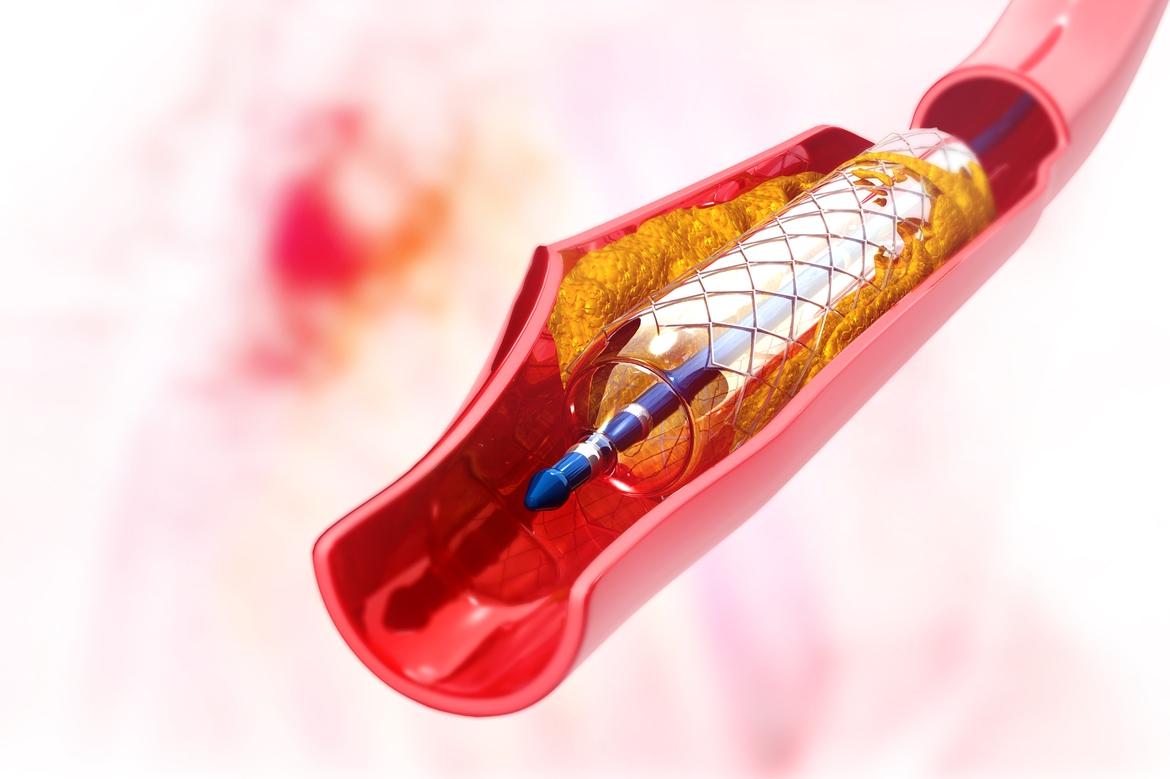Our cardiologists
Mount Elizabeth is home to Asia Pacific's largest concentration of heart specialists and heart surgeons. Our multidisciplinary team of specialists, nurses and therapists will guide you through your treatment and recovery with care and professionalism.
^Specialists may qualify to be on the Extended Panel (EP). You may enjoy selected panel benefits depending on your policy and riders.

 Brain & Spine Care
Brain & Spine Care





